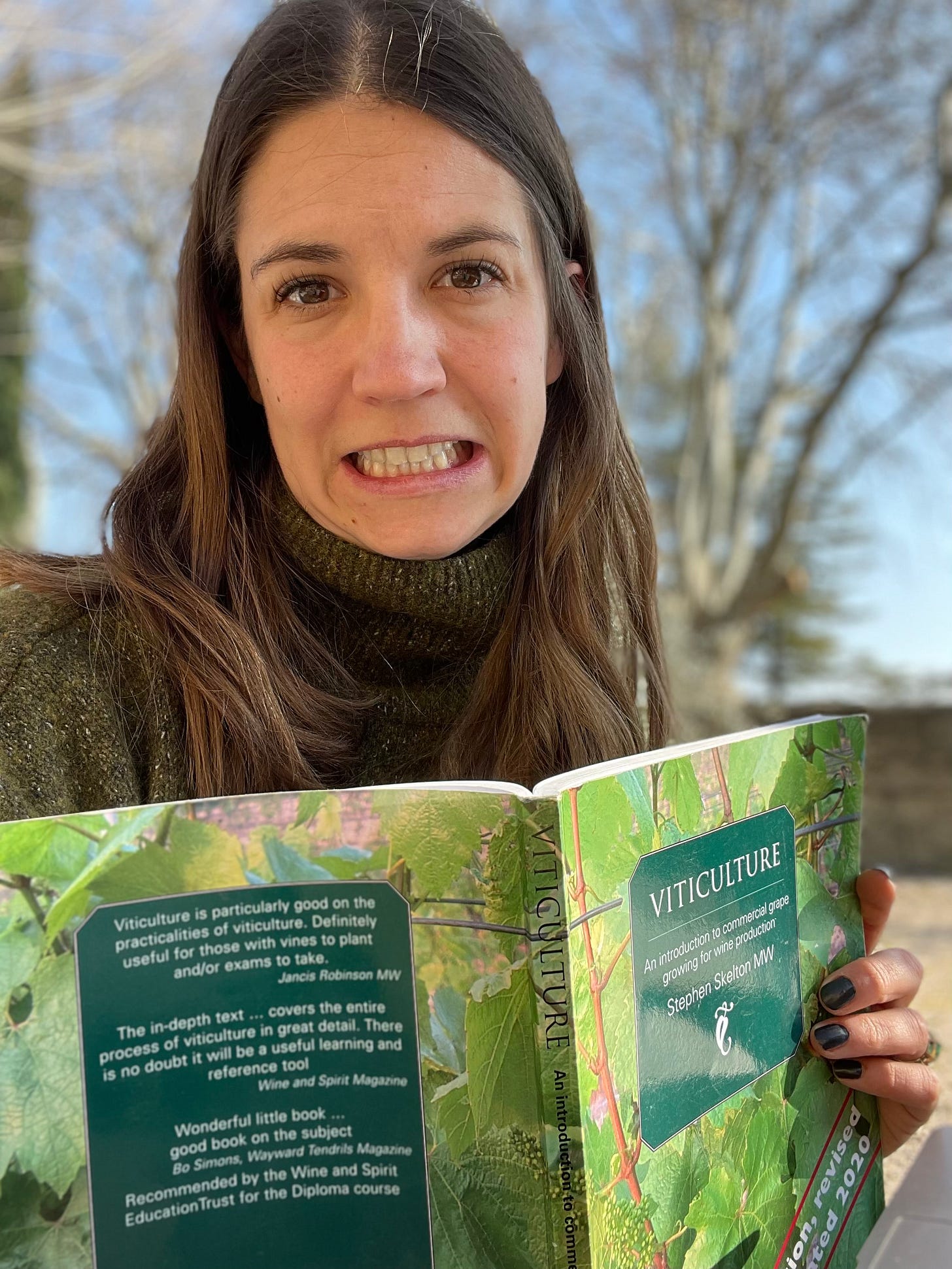Have I Been ‘Got’ by a Neo Prohibition Bot?
And other questions I asked when I was trolled on Instagram
A few weeks ago I was trolled on Instagram.
I posted a reel explaining the misnomer of using the word ‘dry’ in wine tasting to describe drying tannins rather than the true meaning of ‘dry’ which is used to describe no perceivable sugar in a wine – i.e. not a sweet one.
A woman called ‘Karen’ – I couldn’t write it – began commenting on the reel. She was posting about the dangers of wine; spouting stats on cancers that, whilst emotive were not factually correct, and was generally being a little bit poisonous about poison.
I was intrigued.
Her stats felt regurgitated, and her profile didn’t look real – 2 posts, less than 50 followers? And yet she found my educational wine post and began attacking me. Had I just had my first experience with a bot? And, specifically, a neo-prohibition bot.
What is neo-prohibition?
Wikipedia gives us this → Neo-prohibitionism (also spelled neoprohibitionism and neo-Prohibitionism) is a current movement to attempt to stop consumption of alcohol in society through legislation and policies which further restrict the sale, possession, and marketing of alcohol in order to reduce average per capita consumption and change social norms to reduce its acceptability.
So what’s the big deal? And what’s that got to do with Karen?
Well, there are plenty of people who have warned that there is an underbelly effort trying to destroy the alcohol industry. Many have raised concerns over lobbying, poor research and, in extreme cases, fake accounts on the internet fanning the flames of the sober (or more accurately neo-prohibition) movement.
So was Karen… a bot?!
It’s almost impossible for me to know. But it did raise a more important question… how much did it matter?!
For some time now, a journalist called Felicity Carter has been unpicking, unpacking and debunking this controversial topic. I first heard Felicity talk when she gave a fantastic presentation to a room of eager Stage 2 MW students a couple of years ago. She’s got her finger on the wine pulse more than anyone I have ever met. On this topic, I encourage you to listen to this episode of ‘Wine for Normal People’ which you can search wherever you get your podcasts, on their website, or at the Youtube below.
It’s a fascinating topic. It’s one that I have been thinking on a lot over the past few weeks since Karen exploded on my screen. It formed a large part of the conversation I had recently over lunch with some fellow winemakers and journalists at Domaine de Mourchon.
Whilst I don’t see myself on the front line of this movement I have certainly got so many questions and theories…
The reality is that I don’t have many sober curious friends, and I can’t help feeling that as a millennial I seem to have bullet dodged the more complicated landscape of growing up a Gen Z and beyond. And whilst I can’t dispute the dangers of alcohol, I also consider myself part of the solution of mindful drinking.
Drinking less but better should be a global goal, not just a marketing term used by retailers. Truly mindful drinking - enjoying one special bottle on a Thursday night rather than robotically drinking three mediocre ones on Monday, Tuesday and Wednesday – can help cut the quantity but maintain the pleasure. To my mind, the easiest way to do that is by education.

The more people can learn about wine, the more they can explore and enjoy with confidence. And when I say learn about wine, I don’t mean learn how many hectares of Sauvignon Blanc are grown in Chile, or spend hours memorising text books because I am not sure how much value that brings to every drinker.
What I mean is, giving people the tools to understand what they’re drinking and unpick why they like it might just give them some insight and CONFIDENCE to try something new.
So, I feel more assured than ever that my online courses (within which I am currently buried editing the three next modules!) are a positive addition to the world of wine.




